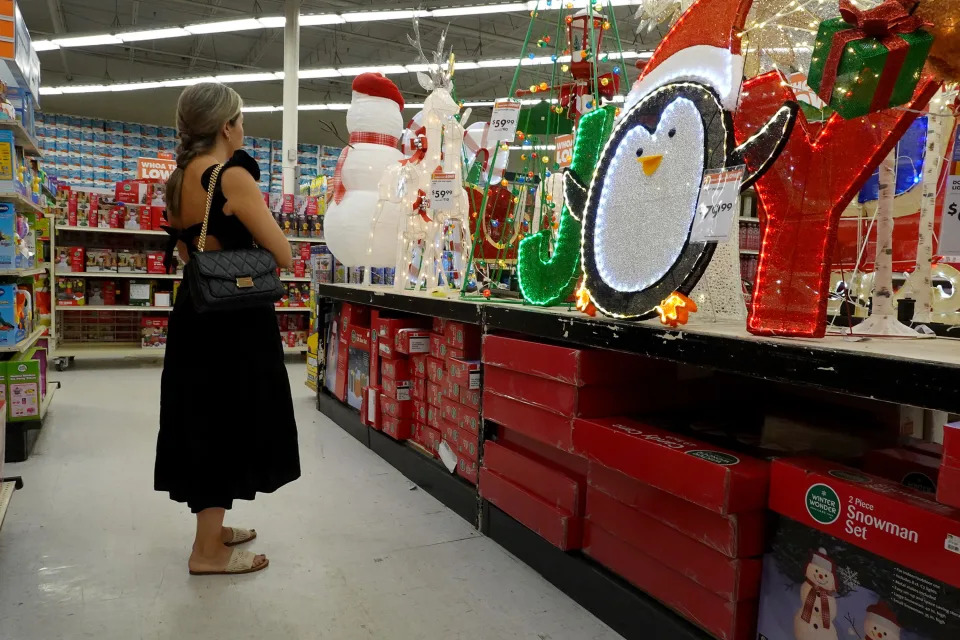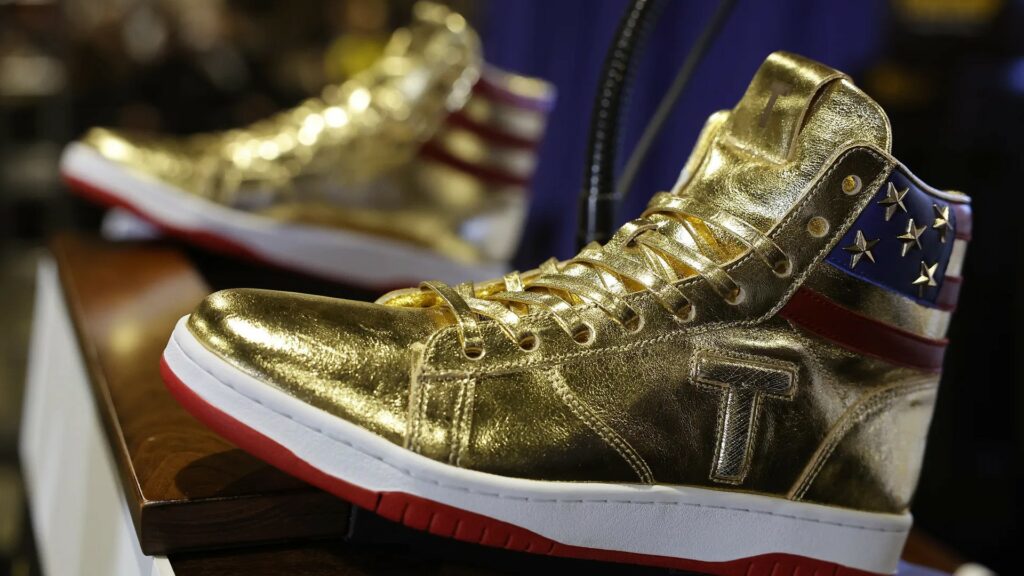Trending: Here are some Business Statistics and Trends to know
|
Getting your Trinity Audio player ready...
|
Heading into the holiday shopping season, consumers are adopting a more cautious approach, showing restraint in their spending amidst rising prices and dearer credit. This trend, observed across various retail sectors, suggests a potential deceleration in the usual driving force of the U.S. economy.
Retailer Insights
Major retailers have noted a noticeable shift in consumer behavior over the past three months. Customers have demonstrated a preference for essential purchases while holding out for deals, scaling back on higher-ticket items. Industry executives expect this trend to persist through the crucial holiday shopping period.
Walmart's Chief Financial Officer John David Rainey acknowledged that sales have been fluctuating, prompting a more cautious outlook regarding consumer behavior compared to the previous quarter.

Market Impact and Changing Habits
The impact of consumer restraint is evident in the economy, reflected in October's retail sales decline of 0.1 percent, marking the first drop in six months, according to the Commerce Department. Consumers are increasingly opting for alternative payment methods, with a 6 percent increase in "buy now, pay later" purchases compared to the previous year, as per a report by Adobe Analytics.
Target's Chief Growth Officer, Christina Hennington, highlighted customers' rigorous scrutiny of purchases, emphasizing the importance of perceived value in their buying decisions.

Other retail executives, including those from Macy's, Gap, and Williams-Sonoma, anticipate ongoing challenges in consumer behavior, citing persistent consumer hesitancy despite an optimistic outlook for the holiday season.
Economic Projections
The National Retail Federation forecasts a moderate 3 to 4 percent increase in retail sales for November and December, a more modest growth compared to the previous year's 5.4 percent surge. These projections come amidst economic uncertainty and consumer apprehension.
NRF's Chief Economist, Jack Kleinhenz emphasized the correlation between consumer confidence and spending, pointing out that wavering job security has led to decreased consumer confidence, affecting spending habits.
Implications and Economic Perspectives
Economists note significant concerns as consumers and the economy face pivotal moments. Two years of high inflation have seemingly peaked, but the Federal Reserve's decision to hike interest rates has significantly increased borrowing costs.
Consumers have rapidly accumulated credit card debt, with balances soaring by $154 billion in the last quarter, marking the highest year-over-year increase on record. This rising debt is compounded by record-high average credit card interest rates, currently standing at 20.7 percent.
Economic Outlook and Consumer Sentiment
Consumer sentiment has reached a low point, mirrored in a University of Michigan report. Shoppers are primarily concerned about essential prices, high-interest rates, and global conflicts impacting their economic outlook.
While surveys reflect caution, analysts believe consumers will moderate their spending rather than halt it completely, aligning more with their actions than their expressed sentiments in surveys.






